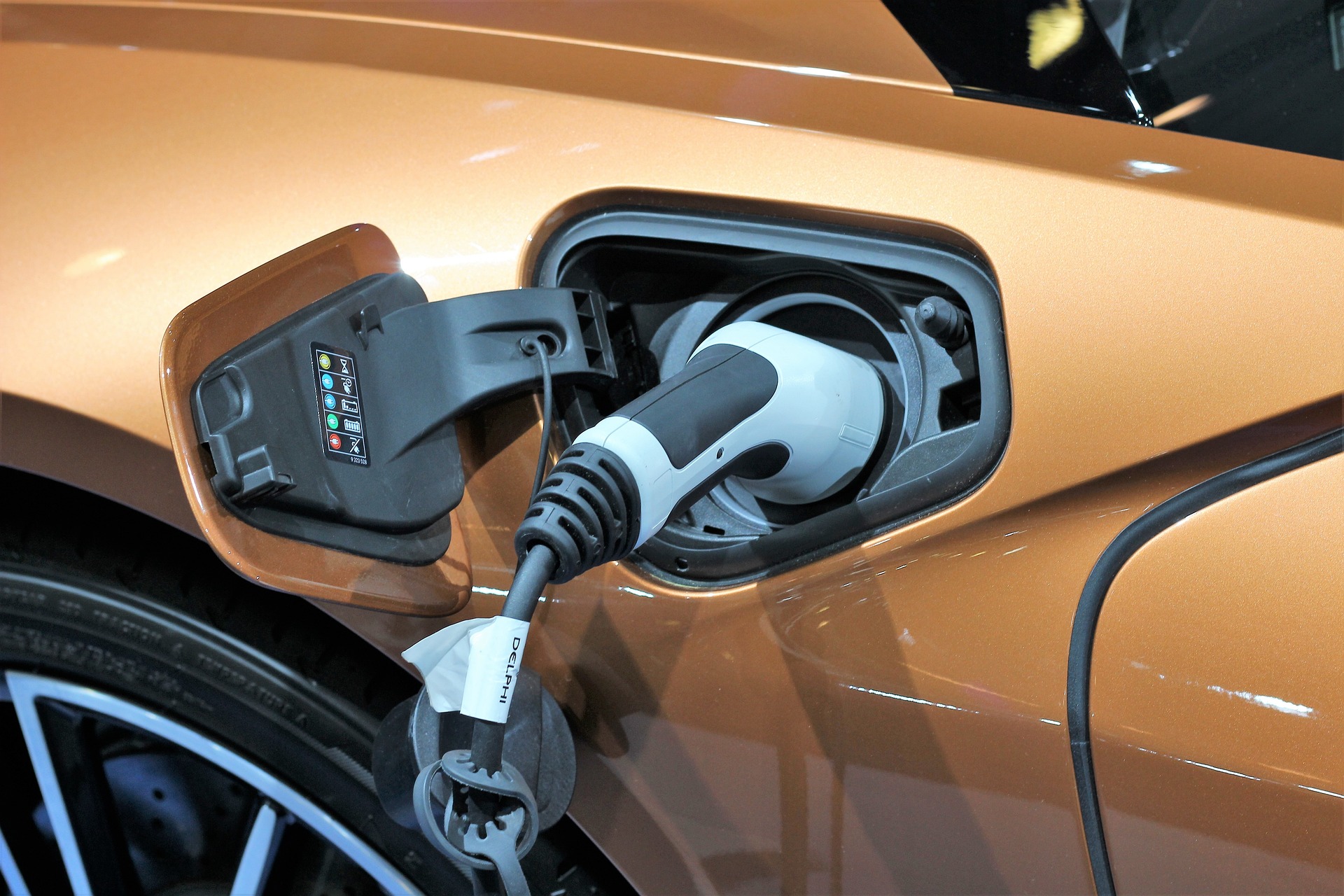The Surge in EV Chargers: Why Landlords Are Embracing the Change
The electric vehicle (EV) revolution is well underway, and it’s not just car manufacturers who are adjusting to this new reality. Landlords across the UK are increasingly seeing the value in installing EV charging points in their rental properties. Research indicates that a significant majority of landlords are willing to install these chargers if requested by their tenants, marking a pivotal shift in rental property management and amenities.
Rising Demand for EV Chargers
As EV ownership rises, tenants are looking for properties that cater to their needs. A recent survey by Direct Line revealed that 86% of landlords with suitable properties would consider installing an EV charger if their tenant requested one. This statistic highlights the growing recognition among property owners of the importance of accommodating EV drivers to attract and retain tenants.
Landlords are also motivated by the prospect of increasing the property value. About 40% of landlords see EV chargers as a way to boost the market value of their properties, making it a strategic investment rather than just a tenant perk.
Enhanced Property Value and Appeal
Installing EV chargers can significantly enhance the appeal of a property, particularly to the environmentally conscious tenant. This can lead to higher tenant satisfaction and retention rates. Jamie Johnson, CEO of FJP Investment, states, “Adding an EV charging point is not just a nod to sustainability but a sound investment in the property’s future value.”
Attracting Eco-Conscious Tenants
Sustainability is becoming a top priority for many tenants. Properties with EV charging points are likely to stand out in a competitive rental market. As EVs become more common, having the infrastructure to support them will be essential in attracting a broad range of prospective tenants who prioritize green living.
Financial Incentives and Revenue
There are financial benefits as well. Some landlords are willing to cover the cost of installation if it means they can increase rent or charge a fee for using the EV charger. Additionally, grants and incentives are available to offset the installation costs. For instance, the Electric Vehicle Homecharge Scheme (EVHS) offers grants to reduce the cost burden on property owners.
Cost and Installation Considerations

Types of Chargers
There are three main types of EV chargers: Level 1, Level 2, and Level 3.
- Level 1 Chargers: These use a standard 120V outlet and are the slowest, typically adding about 5 miles of range per hour of charging.
- Level 2 Chargers: These are more common in residential settings, using a 240V outlet similar to what is used for large appliances like dryers. They provide a faster charge, adding about 25 miles of range per hour.
- Level 3 Chargers: Also known as DC Fast Chargers, these are more suited to commercial or public installations due to their high cost and power requirements. They can add up to 90 miles of range in just 30 minutes but are expensive to install and maintain.
Installation Costs
The cost of installing an EV charger can vary significantly. A Level 2 charger installation can cost between £300 and £1,000 for a single-family home, but this can increase in multi-family units due to additional wiring and electrical upgrades needed. Landlords should consider these costs against the potential for higher rents and increased property value.
Operational Costs
Landlords need to decide whether the tenant or the landlord will cover the cost of the electricity used for charging. If the landlord covers this cost, it might be necessary to adjust rental agreements to reflect the increased utility costs. Many utility companies offer time-of-use pricing, which can help manage these costs by charging EVs during off-peak hours when electricity is cheaper.
Legal and Regulatory Aspects
Compliance and Permits
Before installing an EV charger, landlords must ensure compliance with local zoning laws, building codes, and safety regulations. Some municipalities may require specific permits, particularly for Level 3 chargers, which involve higher power capacities and more complex installations.
Lease Agreements
It’s crucial for landlords to include specific clauses in lease agreements regarding the installation and use of EV chargers. This can cover who bears the cost of installation, maintenance responsibilities, and the allocation of parking spaces for EV charging. These clauses help prevent disputes and ensure clear expectations between landlords and tenants.
Conclusion
The push towards electric vehicles is not just a trend; it’s a transformation in how we view transportation and energy use. For landlords, this presents an opportunity to enhance property value, attract a broader tenant base, and contribute to a more sustainable future. While the initial costs and regulatory hurdles may seem daunting, the long-term benefits of installing EV charging points in rental properties make it a worthwhile consideration.
As the market for electric vehicles continues to grow, the demand for EV-friendly rental properties will only increase. By staying ahead of this curve, landlords can ensure they remain competitive and appealing in an evolving market.
ARE YOU READY TO START INVESTING?
Subscribe to our mailing list now for exclusive deals, investment guides and the latest information from the property market.







